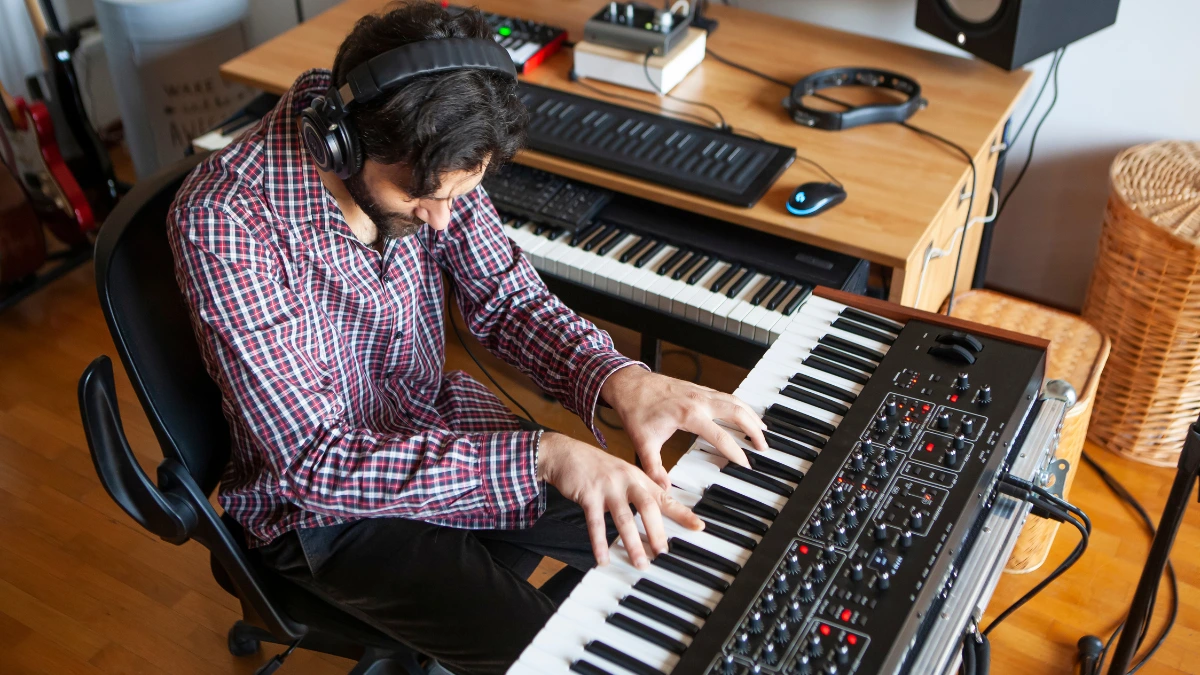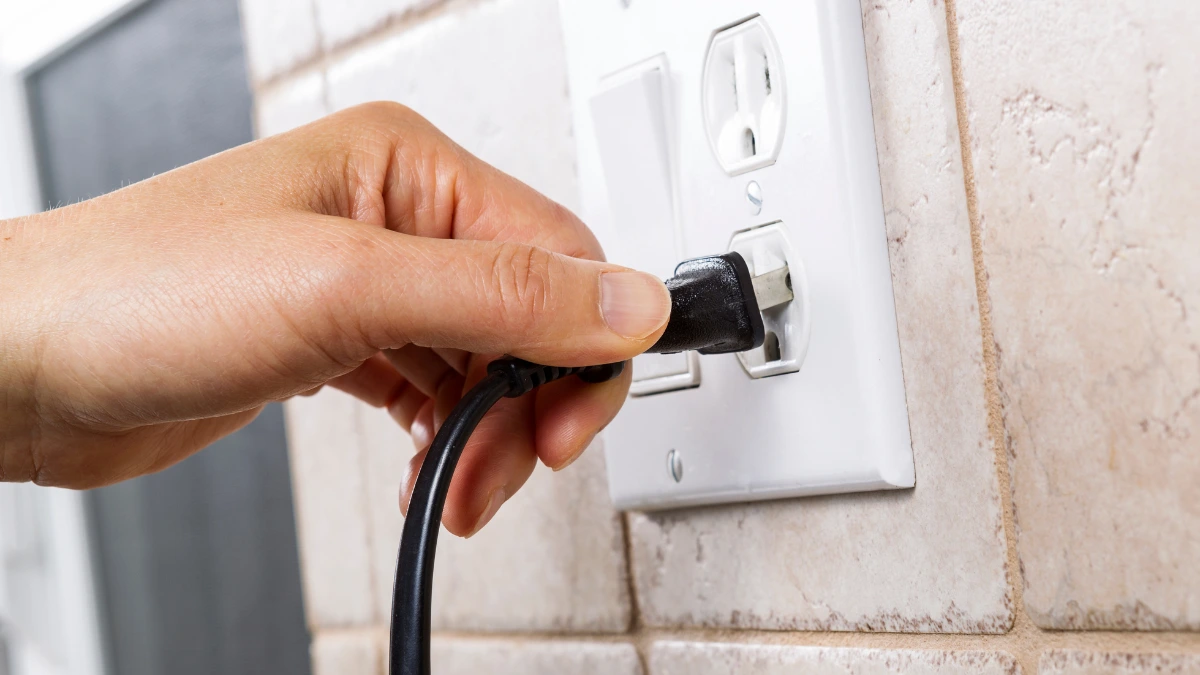A digital piano offers numerous benefits, including the ability to provide a practical alternative to acoustic pianos. However, the advantages and disadvantages of digital piano cannot be easily separated, even though the benefits are evident.
The advantages and disadvantages of digital pianos, which include being able to be played silently, compact design, not being entirely similar to acoustic pianos, and sound quality that varies, may be factors to consider when deciding whether to use them.
This article will inform you about some of the advantages and disadvantages of digital piano that you can consider.
The Advantages and Disadvantages of Digital Piano

Like any other electronic device, a digital piano has several advantages that can be utilized and disadvantages to consider.
The advantages of a digital piano include being able to be played silently, compact design, and being more affordable, while the disadvantages include dependence on electricity, not being entirely similar to acoustic pianos, and sound quality varies. Here are the advantages and disadvantages of digital piano :
The Advantages of a Digital Piano
Here are some advantages of a digital piano:
Can be played silently

With a headphone jack output feature, the device can be played silently. The sound output is directed only to your headphones, without disturbing the surrounding environment. Using headphones will also help you hear the details of your playing.
Has features that support practice
Digital pianos are equipped with features such as a metronome, lesson mode, and voice recorder. These features are very helpful in improving your skills. You can set the tempo properly, read notation, and record sound to evaluate your playing.
Compact design
Digital pianos have a compact and lightweight design compared to acoustic pianos. This makes it easy to move the piano to different locations or carry it around. This saves space and enhances the device's portability.
Minimal maintenance
Digital pianos do not require tuning or routine maintenance. This is because they do not have strings or moving mechanical parts like acoustic pianos. This means you do not have to spend extra money on maintenance.
More affordable price
Compared to acoustic pianos, digital pianos are more affordable. This is certainly suitable for those of you who want to learn to play the piano. You don't need to worry, even though the price is relatively affordable, you will still get the same impression as playing an acoustic piano, in terms of sound and feel when using it.
The Disadvantages of Digital Piano
Here are some disadvantages of a digital piano:
Dependence on electricity

Acoustic pianos do not require electricity as a power source to be played at any time. Meanwhile, digital pianos require a power source to operate, so they cannot be played during a power outage.
Not entirely similar to acoustic pianos
Although designed to be as similar as possible to acoustic pianos, the touch of the keys and the resonance of digital pianos still cannot fully replicate the authenticity of acoustic pianos. There is still a feeling that cannot be achieved by digital pianos because they do not have a mechanism of vibrating strings and hammers.
Sound quality varies
The sound quality and speakers on digital pianos vary greatly depending on the class of the product. Cheaper products may have a less authentic sound.
Those are the advantages and disadvantages of digital piano to consider before deciding to use one.
Despite its limitations, the digital piano has been able to be played silently, compact design, and more affordable.